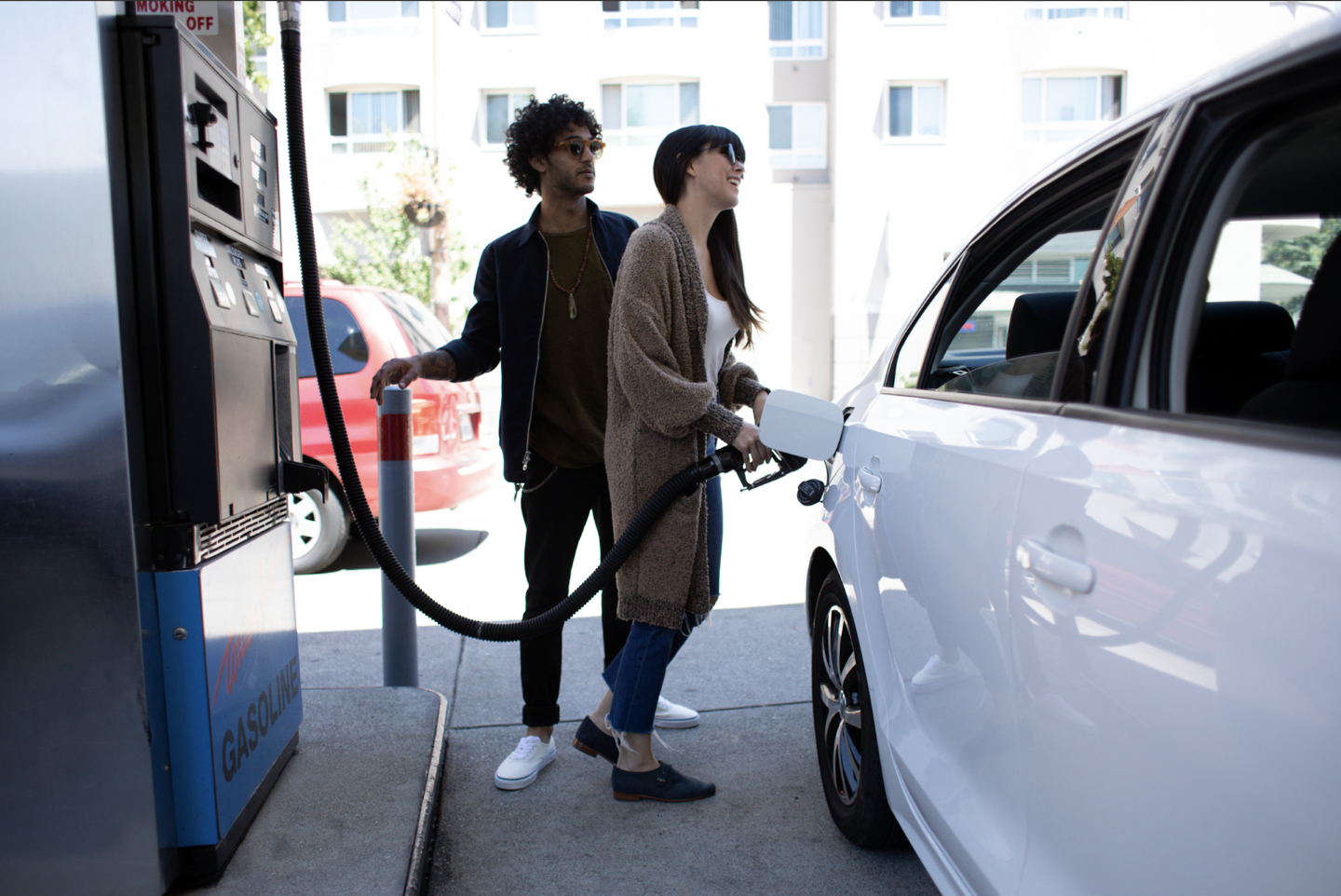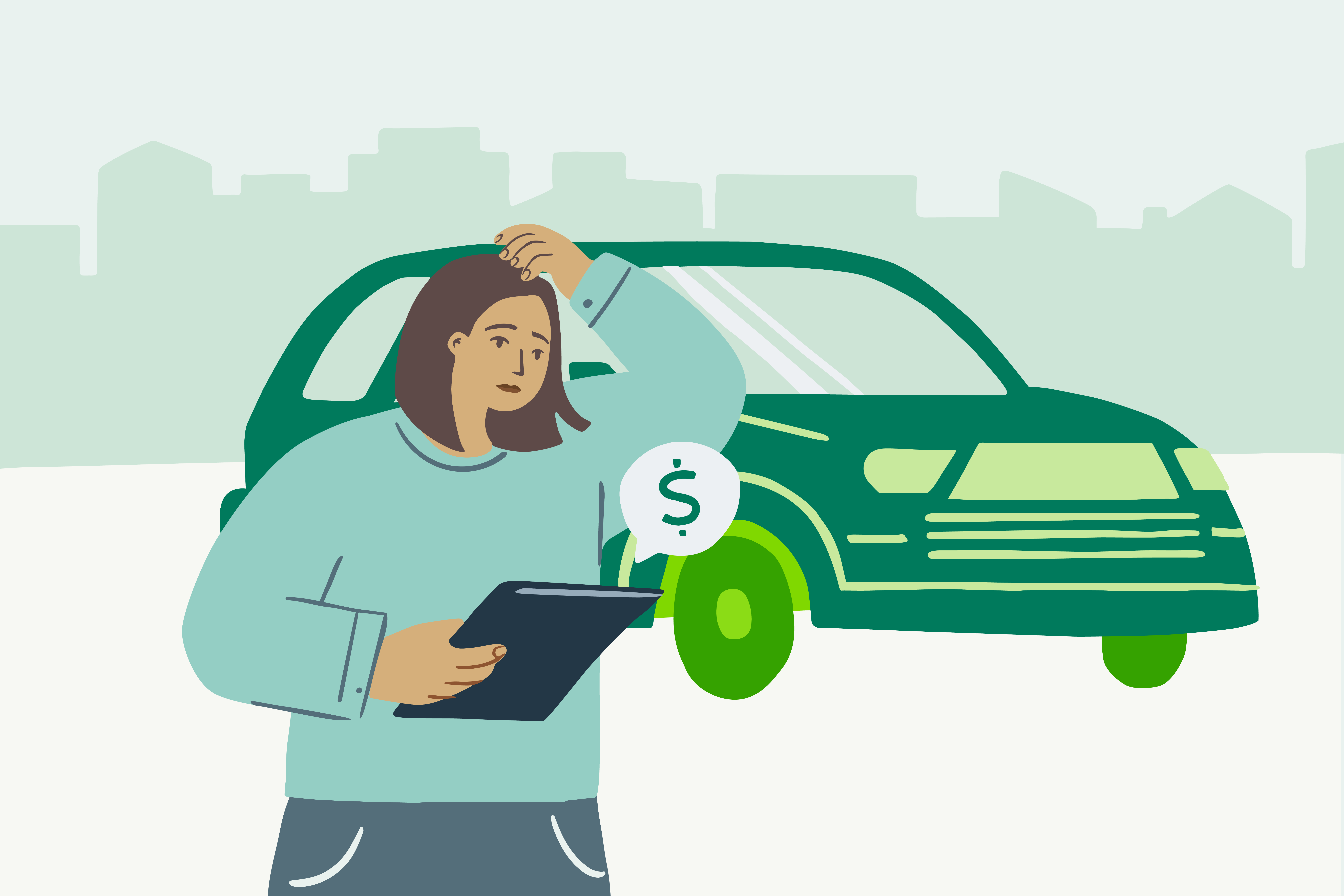How can I lower my car insurance premium?
January 31, 2023
Car insurance—something you know you’re required to have but not necessarily something you enjoy having to pay for, right? This thing you’re meant to have can get complex, complicated and confusing. And at the end of the day, all you really want to know is how much you’ll be budgeting for car insurance aka your premium.
We’ll share what a car insurance premium is and how you can optimize it to get more bang for your buck.
What is a car insurance premium?
A car insurance premium is the price you pay to the insurance company that provides protection for others, you and your vehicle. This price is paid on a regular basis (usually every month, six months or every year) to keep your policy active.
A premium is like your favorite coffee order—even though it’s the same drink, it’s going to look, taste and cost a little different depending on where you go to get it. Your premium, although it may look structurally the same on the outside (same coverages, limits, drivers and vehicles), might be priced differently depending on where you get your car insurance.
If that’s the case, what do most car insurance companies factor into a customer’s premium?
What can impact an insurance premium?
Instead of losing you to an endless stream of insurance lingo, we’ll break down some key factors insurance companies take into consideration when shaping a customer’s premium into an easy-to-understand list.
1. Driving record
As you shop for car insurance, most companies will pull your
Motor Vehicle Record (MVR) and other reports to take a look at your driving history, specifically any accidents or violations you may have had in the past. These factors are looked at to help shape premiums because if someone with a history of flooring it, reckless driving or fender benders could be seen as a higher risk—ultimately increasing your premium.It’s important to know that as car insurance companies look at an MVR and other reports, they will take into account the recent history of violations or accidents—generally only considered for a certain period of time that is defined by each insurance company.
So that ticket you got over a decade ago in high school for speeding? Not likely it’s going to affect your premium.
2. Insurance history
As you shop for car insurance, insurers will likely look at your insurance history to shape a premium. Your insurance history is essentially asking if you have had continuous insurance coverage (no gaps or lapses) at the time of owning and operating your car.
A lapse in car insurance equals driving without insurance, which is an oversight that can increase your premium.
3. Type of vehicle
The type of car you drive can have an impact on your car insurance premium. Its make and model, safety features and cost to repair or replace are all taken into consideration by car insurance companies.
To understand how the kind of car you drive affects premiums, take a look at this article we wrote on the subject here.
4. Coverages
Car insurance wouldn’t be much without coverages—it’s what makes car insurance, car insurance. The cool thing about coverages is that, for the most part, they are completely left for you to decide on.
Besides state-required coverages, you have the option to select specific coverages and deductible amounts that work for you. What you choose to cover and how, will influence the price of your car insurance premium.
5. Drivers
Have a big family full of drivers? Are you riding solo? When you’re getting a quote for car insurance, you’ll be asked to provide all known drivers to your car insurance policy. Having an accurate representation of who is driving your vehicle on your policy will not only help create an accurate premium, but will provide coverage to
all drivers in the event of an accident.6. Location
Location, location, location—another element of car insurance premiums. Whether it's the building's parking lot, covered carport, or an attached garage, where your car is parked can impact the price you pay.If your area is known for high vandalism or high frequency of accidents, that can equal bigger risk, bigger premium.
How to reduce car insurance cost?
We know a lot of the factors that go into what determines your premium may seem out of your control. Whether you're looking to get car insurance for the first time or making adjustments to an existing policy, here are five things you can do to save on your premium.
Drive safely and follow the rules of the road
Look for cars that have safety features
Ask about discounts such as accident prevention, multi-policy discounts, etc.
Don’t drive uninsured if your state requires car insurance
Only choose coverages you need to ensure you’re adequately protected
Every car insurance company will offer something different (remember the coffee drink?). It’s not a one-size-fits-all approach to premiums, so make sure you’re tailoring your insurance to what fits you best.
HiRoad’s take on car insurance premiums
Car insurance companies continue to find ways to offer savings on customer premiums, which is why you may have heard of usage-based car insurance. This model of car insurance differs from traditional insurers because it utilizes telematics to influence premiums.
Think of telematics technology as your favorite fitness tracker or watch. The technology found in those devices can measure the number of steps you take, the amount of hours you slept, even how many calories you burn in a workout, etc., to help you reach your goals.
When it comes to car insurance, telematics works pretty similar. It utilizes technology in your phone to measure things like your driving speed, miles driven, when you drive and if you’re distraction-free; all factors that can impact your car insurance premium.
HiRoad is a behavior-based car insurance company that utilizes telematics to give you more opportunities to save on your car insurance bill every month. Learn more about HiRoad and why we’re trying to get good going on the road.
The information in this article was obtained from various sources not associated with HiRoad®. While we believe it to be reliable and accurate, we do not warrant the accuracy or reliability of the information. HiRoad is not responsible for, and does not endorse or approve, either implicitly or explicitly, the content of any third party sites that might be hyperlinked from this page. The information is not intended to replace manuals, instructions or information provided by a manufacturer or the advice of a qualified professional, or to affect coverage under any applicable insurance policy. These suggestions are not a complete list of every loss control measure. HiRoad makes no guarantees of results from use of this information.
Stay on the path
Get HiRoad in your inbox
Share your email to get the latest about our community of mindful drivers.



